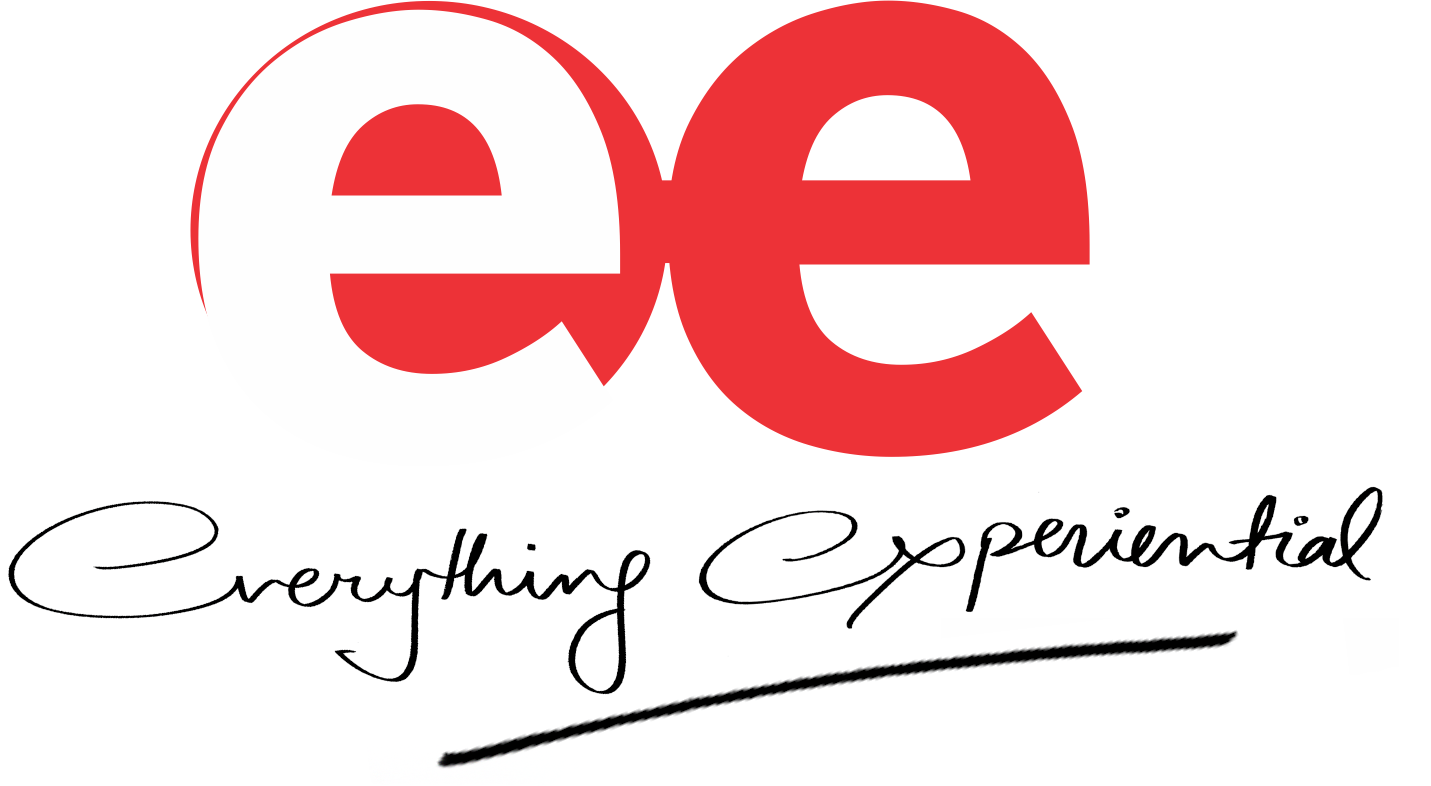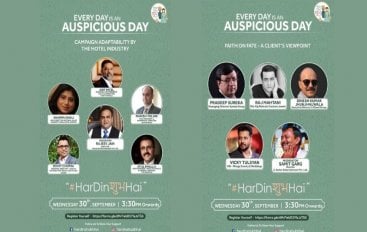Chetan Vohra Of Wedding Line On How To Strike It Rich In The Business Of Weddings
A few weeks after her wedding, international pop sensation Katy Perry was heard quoting, “The press is just not your friend when it comes to a marriage, that’s why we didn’t sell the pictures of our wedding, and we got offered millions of dollars for them, millions!”. Well, our wedding photos may not excite the paparazzi as much, but we do have something common to Katy-Russell- The grandeur of an Indian wedding. And who does a popular celebrity couple first approach to plan out their most magical day- someone who knows weddings like the back of his hand. Hence, Chetan Vohra of Wedding Line came as a strong contender in this category. Interestingly though Vohra declined the offer due to differences over moral principles. And the wedding did not even last a year. But that’s another story.
Former Executive Vice-President at Wizcraft, a premier event management firm, Chetan Vohra left his job to start a venture of his own in the year 2009. His company Line Communication has come a long way since then. In conversation, he lets us in on his business sensibilities, his vision of success and the inside scoop from the industry.
You were with Wizcraft at a pretty senior position. You were obviously earning big bucks and doing world-class events. What was it that you set out to achieve by forming Line Communications?
Firstly I’d like to clarify, when you’re working for someone else there is almost always a limitation on how big the buck gets. So, yes the number one reason I ventured out was because I wanted to be the highest beneficiary of my hard work. I joined Wizcraft at a fairly young age, I had big dreams and ambitions and was fortunate that the roles and responsibilities I was given allowed me to learn a lot about the events industry. I moved my way from the bottom up and whilst in the executive board I soon realised I had pretty much seen it all. It couldn’t get any bigger or better. Also as an individual I wanted to challenge myself because I could see myself getting too comfortable. Fortunately, I had age on my side so I decided to move out, wipe the slate clean and challenge myself to create what I had envisioned.
You started out four years back. What has been a pivotal factor in helping you gain popularity? How did you market yourself as a new brand people should have faith in?
I took comfort and inspiration from the success stories of people who left large organizations to start something of their own. I had the experience and the exposure but the time I decided to start out the market was in a particularly bad state. Therefore, it was decided that as an organization we are not going to chase numbers. We decided to position ourselves as a brand that could not be categorized as a ‘ME TOO’. So we marketed ourselves as a communications business as opposed to simply an event planning firm, and immediately we came into picture as competition to the larger sharks in the market. It wasn’t only about light, sound, decor and stage. We wanted it to be about the ‘touch and feel’ of our brand. Our idea was to go into the market and say ‘we understand what you want, we’ll tell you how to do it more cost-effectively, in a more fun way, and somewhere down the line lets try and innovate’. We landed our first contract from Fiat with the launch of the Punto.
How much of your events business is ‘corporate’ and how much of it is ‘social/weddings’?
When we started off, we pitched ourselves for fifty percent corporate and the other half for weddings. But over a period of time we have come seventy percent in favour of weddings. I love the corporate side of it since I am from that trade but the drawback with it is that the company has fixed budgets and there would be fifty approvals to take before a cost is finalized. Weddings, on the other hand, seldom work on a fixed budget. You negotiate budgets on a one-on-one basis and, frankly, there are no limitations on the spend. So, well lets just say that once you’ve tasted blood theres no going back. That being said, with weddings there is a business side to it and also an emotional side. And between me and my partner, Arpita, we have tried to strike a balance between the two.
What are the marketing strategies that have worked for you?
I am not a big protagonist of advertisements. I think our most effective marketing strategy has been word-of-mouth. In the experiences space it is usually others experiences that define the credibility of an events organizer. Social media has also spread our name across the spectrum to quite an extent.
You claim to conceptualize tailor-made intellectual properties for your clients. But sometimes when you start something new there are big chances of it going bust. What has been your experience?
The easiest thing to do is to follow someone else’s shoes. There have been some great guys who’ve come up with extremely interesting off beat ideas. For example, one might say that he’d like to do a music festival and puts in a lot of effort to conceptualize and execute. But someone from the outside may think that ‘hey, this is so simple I like music and I can do it too’. So if it has previously been done at a beach, he would now do it on a mountain or someplace. But it is this ‘Me too’ syndrome that leads to the disaster that usually comes from it. Besides, planning, hard work and execution there is also the investment. In fact, every IP today requires years and years of ploughing of funds. Then there is also the boredom factor to look into. As the competition increases the novelty slowly begins to wear off. So there may be several fantastic ideas but you need to to dwell upon them and ensure they are feasible in the long run. The other thing we've noticed over the years
is that the target audience is being underestimated. People are now traveling abroad extensively. They are increasingly being exposed to new and innovative stuff so they don’t want to settle for anything substandard. Therefore, besides having a good idea you should also be able to deliver it to the expectations around it.
How critical is ‘thinking’ in the business of weddings?
I feel ‘thinking’ is important in every business. In our case, weddings have a very high level of personal involvement. You have a person who is possibly ready to spend his life’s savings on just one day. This fact leaves little room for error. So you are forever working with this thought at the back of your mind. Also, each family member will have their own individual inputs to give and you are supposed to carve an event around that and deliver it successfully.
What do you have to say about the integration of technology at events?
I think in the events business when you talk about innovation people have a general tendency to follow trends. A couple of years back the in-thing was to go green and today all the talk is about Technology. Technology is great, but there is positive technology and there is negative technology. For example, in lighting, everything has become LED today, in sound, the crude speaker technology has been replaced by relatively sleeker versions of sound systems. But a lot of times people market technology saying its expensive and needs to be imported, so essentially the west has found a big market in India for suckers. We should try and use technology that is sensible and not prohibitive. While we can make great use of technology, it is often used for the purpose of ‘show’ and I think thats just plain silly.
How do you measure ROI?
It is important for me to know that what I have delivered to my client has translated into more than just a sumptuous meal. It is that 5 hours of captivity of the client that we are trying address. I measure ROI with the feedback I get, the compliments, complaints, the email of gratitude post the event. The events industry strives on a dependency factor. We aim to be the trouble shooters. If someone is in a crisis or wants to avoid a crisis at his show then he should come seeking us. The wedding business is people driven and for someone who has put in a lifetime’s savings into his child’s wedding he should be given his money’s worth. At the end of the day its value at every step that matters. The brand name will follow. I know that if I’ve been in the business 25 years, I will be a known name. But I want to have value associated with my name. We don’t bribe. We also have a very high attrition rate. The reason being that we have an ideology and a strong set of principles and it is imperative for those who work for us to have the same vision and ethics.
What has worked for you?
Line communications as a company is very strong in its consultancy approach. We have played on our corporate communications skill to position ourselves as an in-house talent to conceptualize an idea and deliver it to you. We let our clients know that we want their phonebook and not their wallet. And yes we do charge them a fee but that fee is for our time and service but no fluff. Every individual for us is the same. It doesn’t matter if hes rich or poor. If hes called you hes probably heard about you from somewhere and it is our responsibility to deliver to his expectations. We try to make our fee flexible. We say ‘you tell us how much you want to spend and we’ll make you spend it well. After all, if you don’t want to buy a Mercedes, you don’t ‘have to’ buy a Mercedes. You can buy yourself a Toyota and be as happy’.
Around The World
Advertisement





